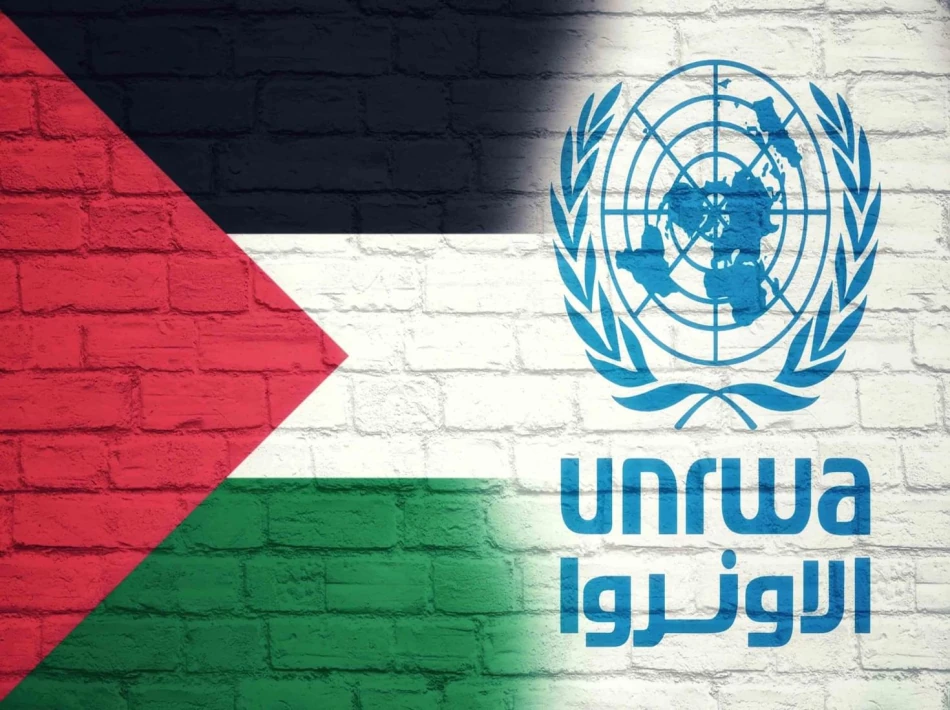
UNRWA Report: Alarming Malnutrition Rates in Gaza - 1 in 5 Children Affected
Gaza's Children Face Starvation Crisis as One in Five Suffers Malnutrition
A humanitarian catastrophe is unfolding in Gaza as one in every five children now suffers from malnutrition, according to the UN Relief and Works Agency for Palestine Refugees (UNRWA). With over 100 people already dead from starvation—most of them children—the crisis represents one of the most severe food emergencies in recent memory, while thousands of aid trucks remain stranded at borders.
The Scale of Suffering
UNRWA Commissioner-General Philippe Lazzarini painted a grim picture Thursday of children arriving at UN facilities in states of severe emaciation and weakness. These children face imminent death without urgent medical intervention, he warned, as malnutrition cases surge daily across the besieged territory.
The crisis extends beyond the children themselves. Parents are so severely malnourished that they lack the physical capacity to care for their offspring. Those who manage to reach UNRWA clinics arrive without the energy, food, or resources necessary to follow medical advice—creating a vicious cycle where treatment becomes nearly impossible to implement effectively.
Healthcare System Under Collapse
The malnutrition crisis is compounded by the deterioration of Gaza's healthcare infrastructure. Medical workers, themselves affected by the ongoing conflict and food shortages, struggle to provide adequate care in a war-torn environment where basic medical supplies remain scarce.
This collapse mirrors humanitarian disasters seen in other conflict zones, such as Yemen and Syria, where prolonged warfare created similar cascading health crises. However, Gaza's unique geographic constraints—essentially a sealed territory—make the situation particularly acute, as residents cannot flee to seek assistance elsewhere.
Aid Bottleneck at Borders
Perhaps most frustrating for humanitarian organizations is the proximity of relief supplies. UNRWA reports having approximately 6,000 trucks loaded with food and medical supplies waiting in Jordan and Egypt, ready for deployment but unable to enter Gaza due to access restrictions.
This bottleneck represents a critical failure in humanitarian logistics that has historical precedents in other blockaded territories. The situation recalls the Berlin Airlift's challenges, though in reverse—here, willing suppliers face political and security barriers rather than logistical impossibilities.
International Response and Implications
Lazzarini's call for unrestricted humanitarian access highlights the growing international pressure to address Gaza's crisis. The situation tests established international humanitarian law, which typically guarantees civilian populations access to food and medical care even during active conflicts.
For international donors and humanitarian organizations, Gaza represents a test case for crisis response mechanisms. The failure to prevent mass starvation in a relatively small, well-documented territory raises questions about the effectiveness of current international humanitarian systems.
Long-term Consequences
The malnutrition crisis will likely have generational impacts on Gaza's population. Children who survive severe malnutrition often face lifelong developmental challenges, reduced cognitive capacity, and increased susceptibility to disease—effects that could persist long after any immediate resolution to the current crisis.
From a regional stability perspective, the humanitarian catastrophe in Gaza risks creating lasting grievances and potentially destabilizing neighboring countries that host Palestinian refugee populations. The crisis also strains international humanitarian budgets already stretched by conflicts in Ukraine, Sudan, and other global hotspots.
The immediate priority remains clear: establishing reliable corridors for food and medical aid delivery before the death toll rises further. However, the longer-term challenge will involve rebuilding not just Gaza's physical infrastructure, but also addressing the profound human cost of this humanitarian disaster.
Most Viewed News

 Sara Khaled
Sara Khaled






